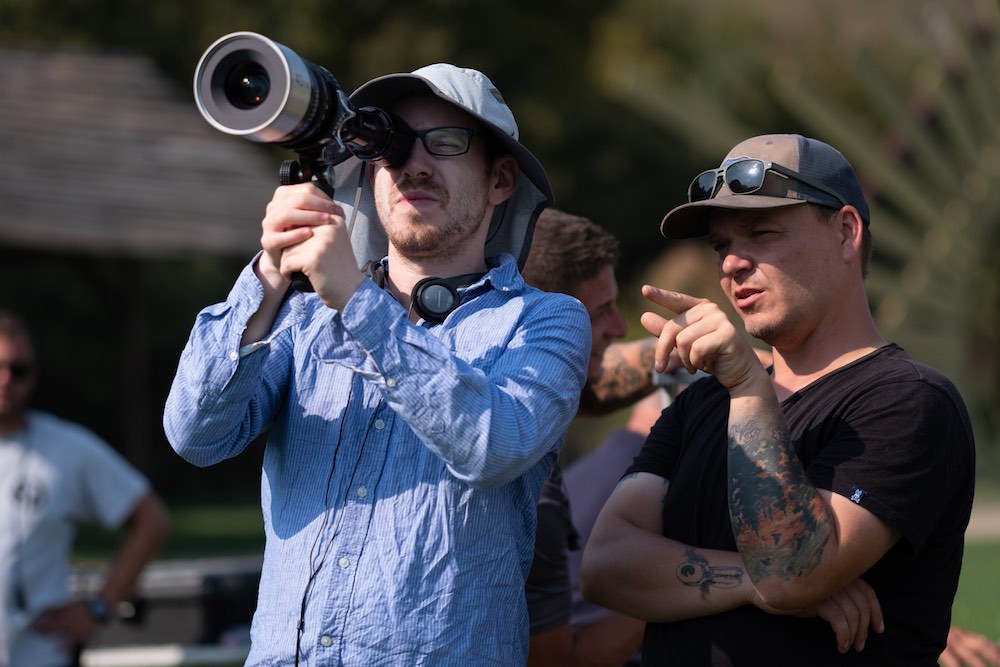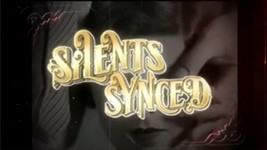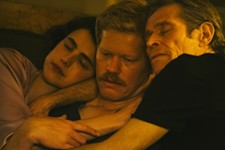Midsommar Madness
The obsessions of Ari Aster illuminated in his folk horror hit
By Richard Whittaker, 5:00PM, Fri. Jul. 12, 2019

For Ari Aster, the devil is truly in the details. The filmmaker behind folk horror/break-up drama Midsommar explained, "I want to make the mise-en-scène as dense as possible, and build the world up as much as I can."
His second film – after the surprise success of occult horror Hereditary – places the strained relationship of college students Dani (Florence Pugh) and Christian (Jack Reynor) at the mercies of a fictional Scandinavian cult, the Hårga, whose pastoral traditions hide merciless schemes.
In Hereditary, the central character of Annie (Collette) is an artist who makes miniature dioramas of her own life – accurate, detailed, brutal, obsessive. For Midsommar, it's Aster showing that same level of compulsion, building not merely a home for the Hårga, but an environment filled with details and rites, where the history is worn into the wood and the stone. The story is built around the cult's traditions, and traditions are built on repetition, and repetition wears a path, like a ceremonial blade leaves cut makes on the block. The world of Midsommar, as created by Aster, is not simply a set: it is a code to be cracked. "It was very important to me that this place felt lived-in and real, and not just this collective of mustache-twirling kooks," he said. "The runes, the paintings on the walls, having multiple planes of action, I find that things like that encourage a more active audience engagement. I know that's true for me, that the more I'm given to take in, the more alert I become."
Austin Chronicle: In both your films, you're clearly determined to build a complete world. How involved are you in all the design decision?
Ari Aster: I'm completely engaged, and probably a little bit dictatorial, when it comes to all those details. I've been lucky in that I've been able to work with other creatives and artists who are equally obsessive, and we just manage to push each other deeper down this rabbit hole, and try to pack as many details into the film, with the time and resources we're given, until it's too late to do anything more.
One thing that I've learned about my process – and my producer, Lars Knudsen, is pretty familiar with – is a tendency to keep adding things, which can also be tough, because the budget balloons, and because these are low-budget films the budget can't balloon. If it balloons from one place, you have to pull from another.
AC: There are scenes and locations that are so loaded with details, like the painted room where Christian meets the head of the Hårga, that clearly speak to the emphasis on minutiae. Was there anything where you went, I have to get this in, and I will sacrifice any other component for it?
AA: I was amazed at what we were able to do with such a low budget. ... We were able to build this entire village from scratch. Nothing you see in that town was there when we found it. It was an empty, totally uncultivated field – grass taller than I was – when we found it.
Just like anyone, I bring my own neuroses to the project. I know a lot of directors who, for them, it's an adventure and it's so much fun, and every day is just awesome and they come home and they're so happy with their dailies. For me, it's the disappointment of every day. Even when I get really close but not quite, there's this feeling of, 'Oh, I failed,' but it's that feeling of coming close and not quite getting there that pushes me to come in the next day and just try to replace that feeling. I probably won't ever actually get there, but that's what it is for me. Chasing what's in my head, and getting close.
AC: It's the old George Lucas adage, that you never complete a film, you just walk away.
AA: Exactly.

AC: One of the film's recurrent themes is that Dani is looking for something to fill a void in her life, that she doesn't feel Christian can fill but that the commune – for their own reasons – can fulfill. I found that fascinating, because there's this idea that if someone echoes your emotions, that they understand them. It's reflected in the way the community wails when someone else is wailing, much as in ritual ecstatic cults, and they use that to draw Dani in. It's a reversal of the cinematic norm, that cults are immediately menacing.
AA: A lot of it is pretty overt. You have the individualistic American tourists who are individualistic and out for themselves, and then you have this community that is much more in touch with each other and the world around them, and are much more present to their own lives. But at the same time, they get lost in the collective, and are able to commit atrocities with an ease and organization that they otherwise wouldn't be able to if it weren't for the hive. There's certainly politics that is woven in, of Sweden's history and of Europe at large, and it's certainly not something that America is exempt from.
The film is very much about tribalism, and it's about family, but I don't know how to extricate the idea of family from tribalism.
AC: That's played out in the fact that the American men are all anthropologists, and that the methodologies of ethnographic studies mean they will stick around to observe the operations of the Hårga, even if it endangers them.
AA: That was a little contribution to the existential side of the film, being that nothing reflects the meaningless of life more than two people arguing about a thesis.
Midsommar is in cinemas now. For review and listings, visit our Showtimes page.
A note to readers: Bold and uncensored, The Austin Chronicle has been Austin’s independent news source for over 40 years, expressing the community’s political and environmental concerns and supporting its active cultural scene. Now more than ever, we need your support to continue supplying Austin with independent, free press. If real news is important to you, please consider making a donation of $5, $10 or whatever you can afford, to help keep our journalism on stands.
June 27, 2024
June 28, 2024
Ari Aster, Midsommar, A24, Folk Horror








